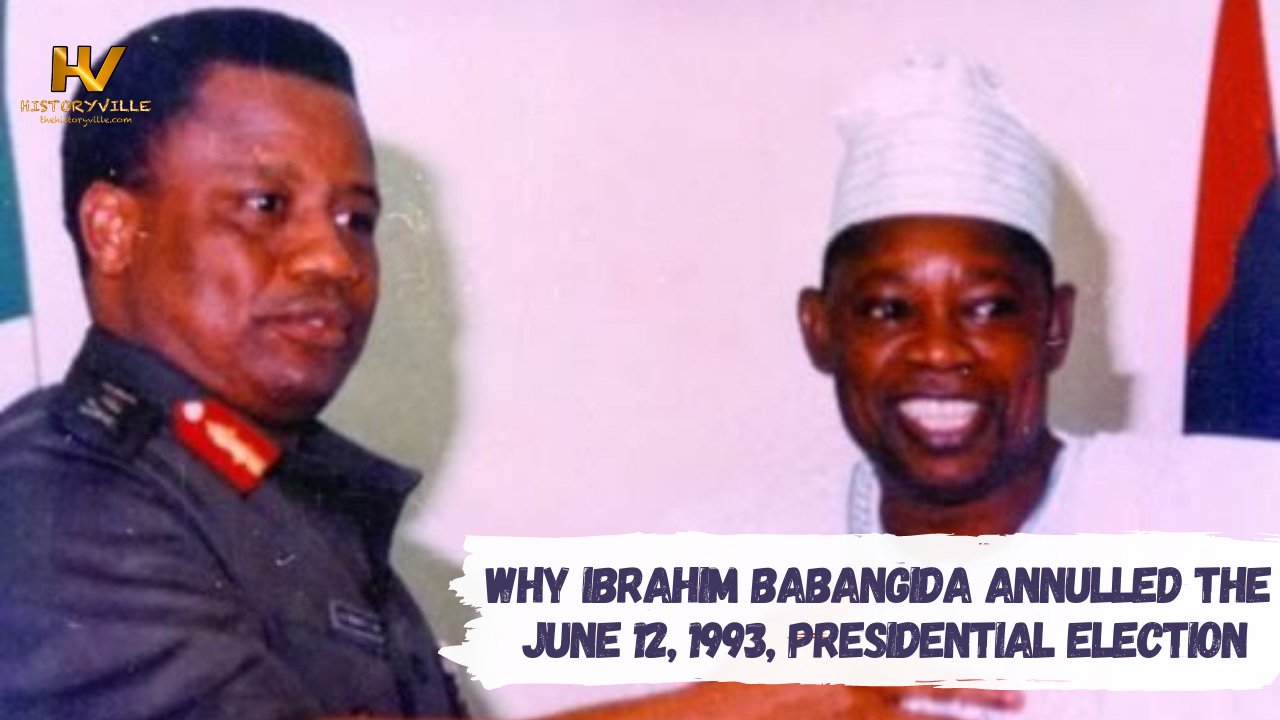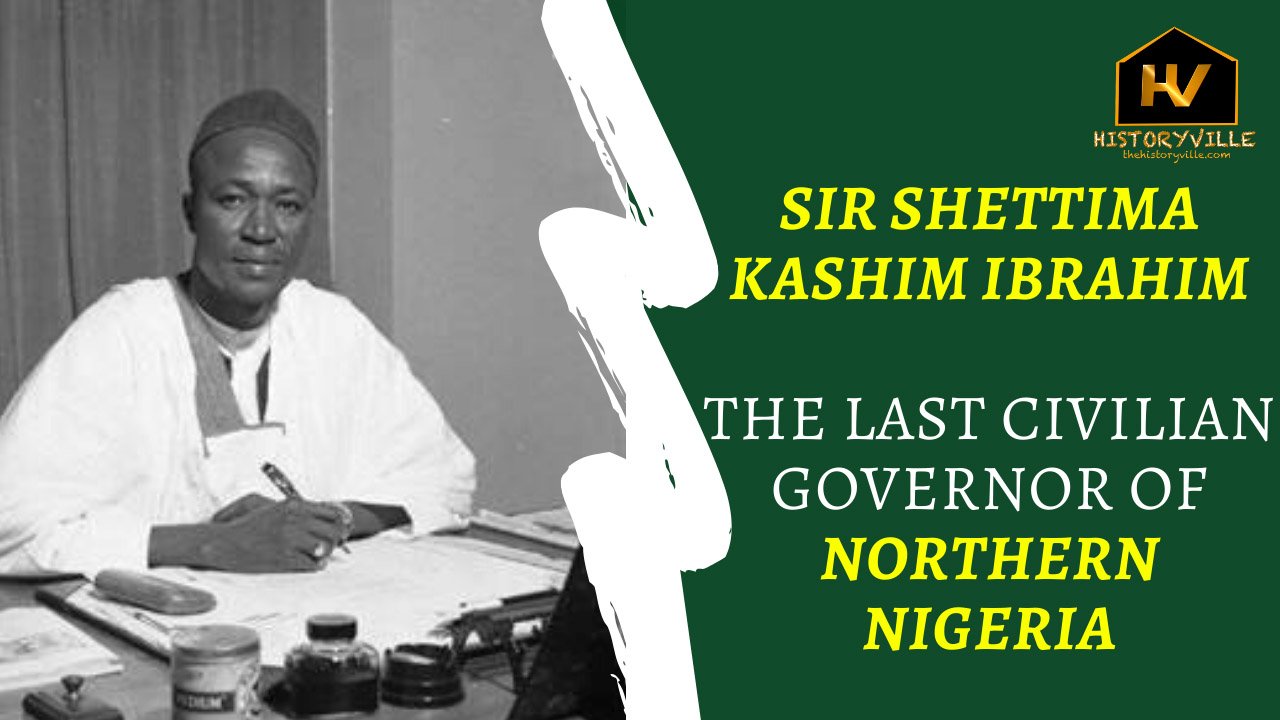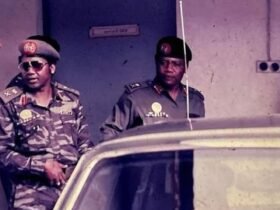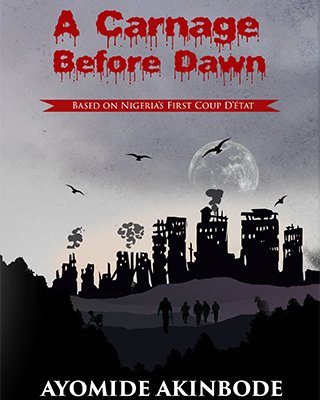No products in the cart.
The Nigerian Civil War, also known as the Biafran War or the Nigeria-Biafra War, was a war fought to counter the secession of the Republic of Biafra from Nigeria.
Another of Nigeria’s founding fathers was Olayinka Hebert Macaulay who has been referred to as the Father of Nigerian nationalism.
Mobolaji Johnson was only 31 years old when he was appointed as the first military governor of Lagos State in May 1967.
Olusegun Obasanjo created the EFCC and the ICPC to combat corruption. He also ntroduced the GSM to improve communication in Nigeria...
The Ogbunigwe was used in combat during the Nigerian civil war and at the height of production, about 500 units were being produced every day in Biafra.
Montréal was the first Canadian city to hold an Olympic Games in 1976. The 21st Olympiad took place between July 17 and August 1, 1976.
The June 12, 1993, presidential election represented a break with past traditions of ethnic, religious, and regional conflicts and raised hopes for unifying the nation.
After Abacha's death, Lieutenant-General Abdulsalami Abubakar, Nigeria's Chief of Defence Staff, was sworn in as the country's 11th Head-of-State.
Lagos was the capital city of Nigeria for 77 years until the seat of government was moved to Abuja, which was planned and built specifically for that purpose.
On December 5, 1893, Herbert Macaulay became the first Nigerian to qualify as a civil engineer and a member of the British Institution of Civil Engineers (ICE).
The West African country of Nigeria was never a nation. The country was bought and sold like a commodity by the British at the turn of the 20th century.
Onitsha became part of the British protectorate in 1884 which made the British colonial government and Christian missionaries penetrate most of Igboland...
Abeokuta, the story of the home of the Egba people, started with their liberation from the rulership of the Alaafin of Oyo.
Jonathan Adagogo Green was also responsible for the now very famous photograph of Oba Ovonramwen of Benin in 1897.
In January 1967, representatives from the Federal Government of Nigeria and the Eastern Region met in Ghana to agree on what is now known as the Aburi Accord...
In 1912, Lord Frederick Lugard was appointed Governor-General of both Northern and Southern Nigeria with the mandate to unite the two Protectorates.
Ore Green worked in London, before returning in 1917 to Lagos where she first worked as a Midwife at the hospital of Dr. Richard Akinwande Savage (1874-1935).
As military Head of State, General Ibrahim Babangida inherited two nicknames from the Nigerian press: Evil Genius and Maradona.
Kashim Ibrahim was the first and last indigenous civilian governor of the Northern Region of Nigeria until the military coup of January 15, 1966.
Joseph Gomwalk was only 41 years old when he was executed on May 15, 1976, in Lagos, the federal capital.























Want to Know More?
Find us on Socials or Contact us and we will get back to you as soon as possible.